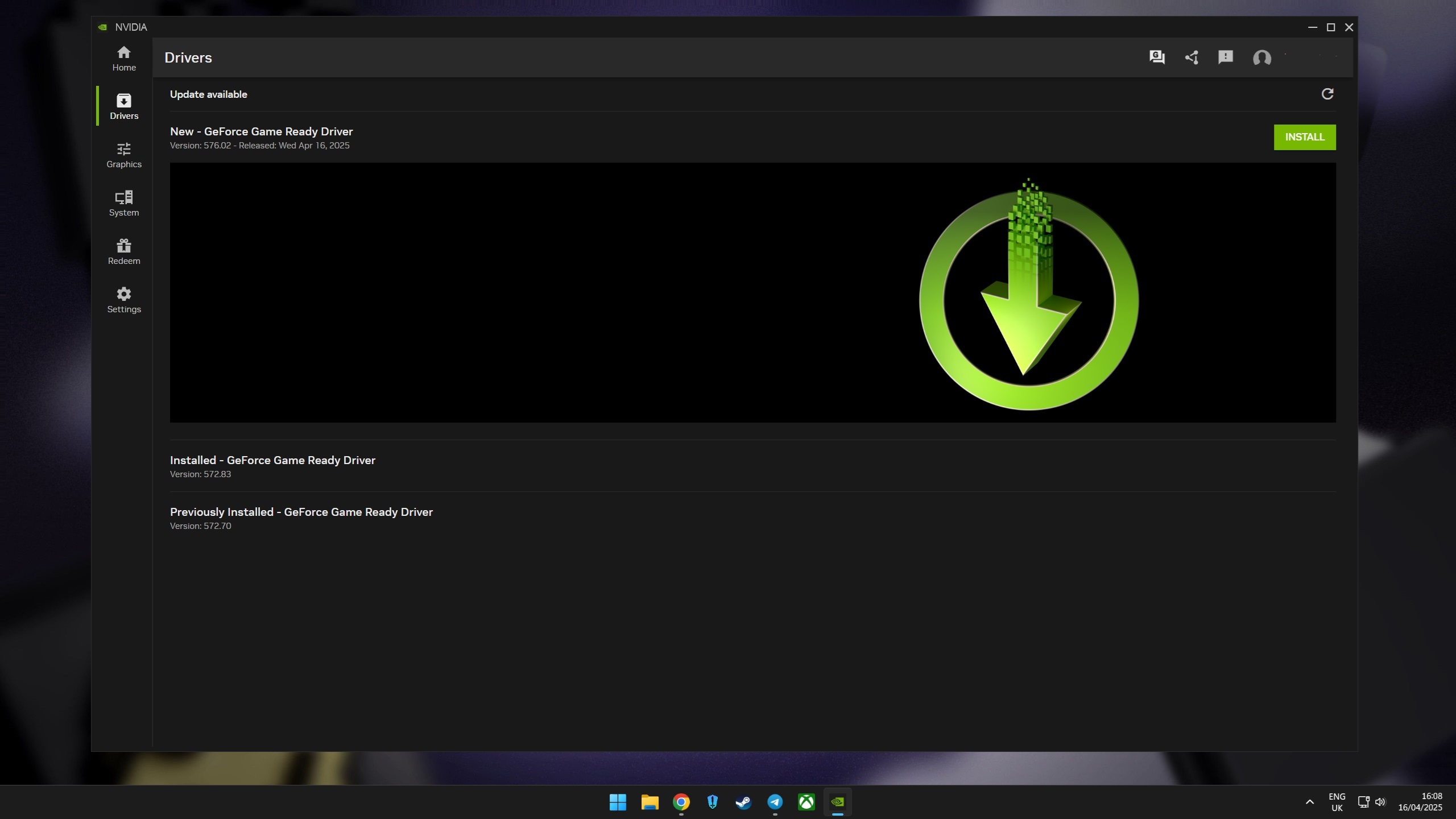Facebook is gross, but it could be critical to the future of Xbox's Project xCloud
Why this partnership was inevitable.
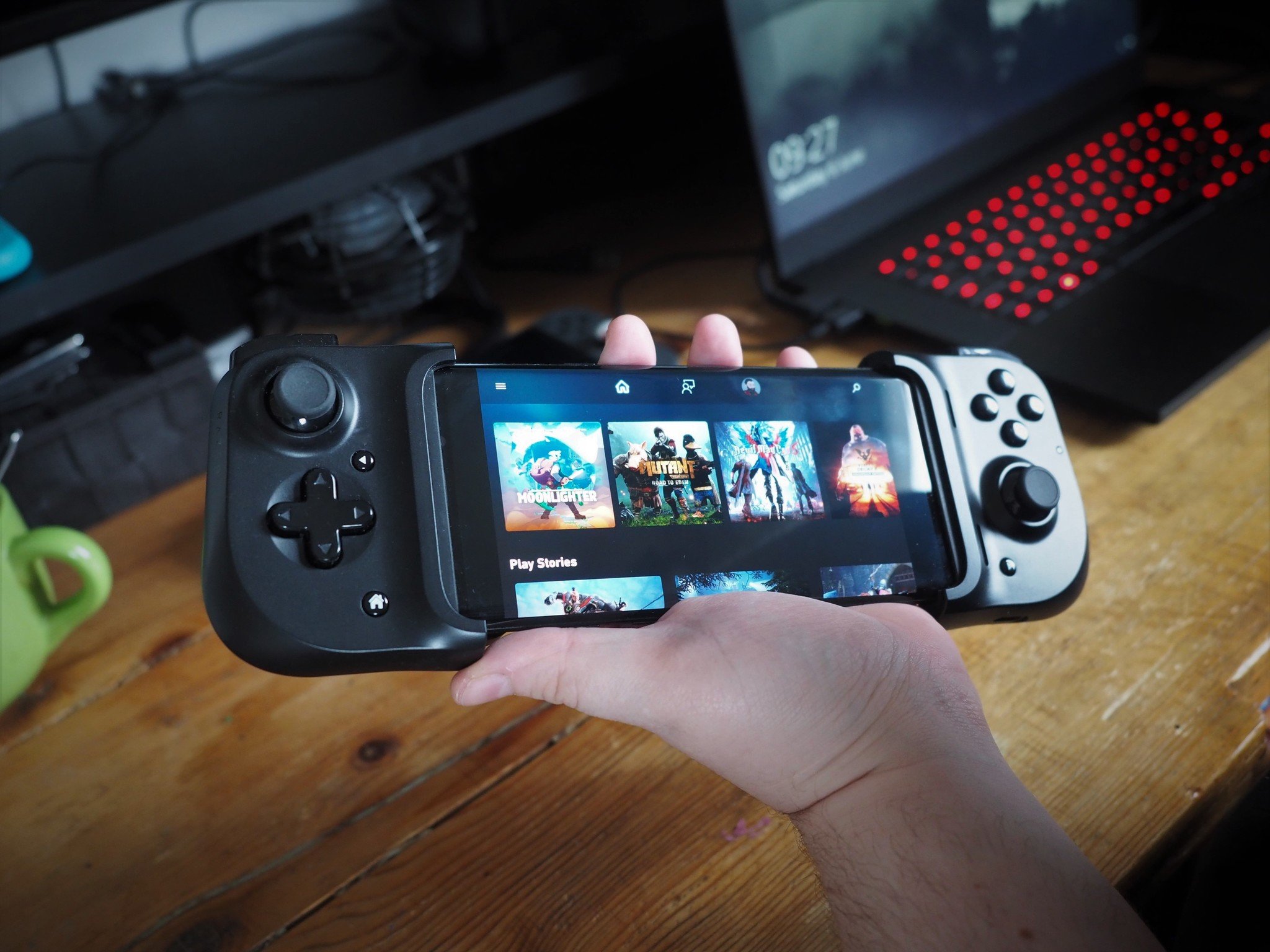
Facebook is a sickening, disgusting company for various reasons. CEO Mark Zuckerberg's dismissive, robotic demeanor nonwithstanding, a simple glance over its company history reveals a much darker side to the platform that has enabled some of humanity's most horrific traits to coalesce and organize. This includes eroding privacy and disrupting democracy at best, and being a platform where people incite genocide at worst.
Yesterday, Microsoft announced it was closing down its Mixer streaming service, partnering with Facebook instead. Why would Microsoft, desperate to maintain a squeaky-clean image, want to partner with such a controversial firm, led by a CEO who is a modern-day supervillain?
Facebook's social power is utterly undeniable, even for a company as large and powerful as Microsoft itself. Xbox ultimately has a social problem that could seriously hurt it in the coming years, which may see massive disruption in the gaming industry, unlike anything we've seen since smartphones. It may also amount to nothing but speculation and hype, but not having a plan in place for the potential disruption would be irresponsible.
Why xCloud is critical
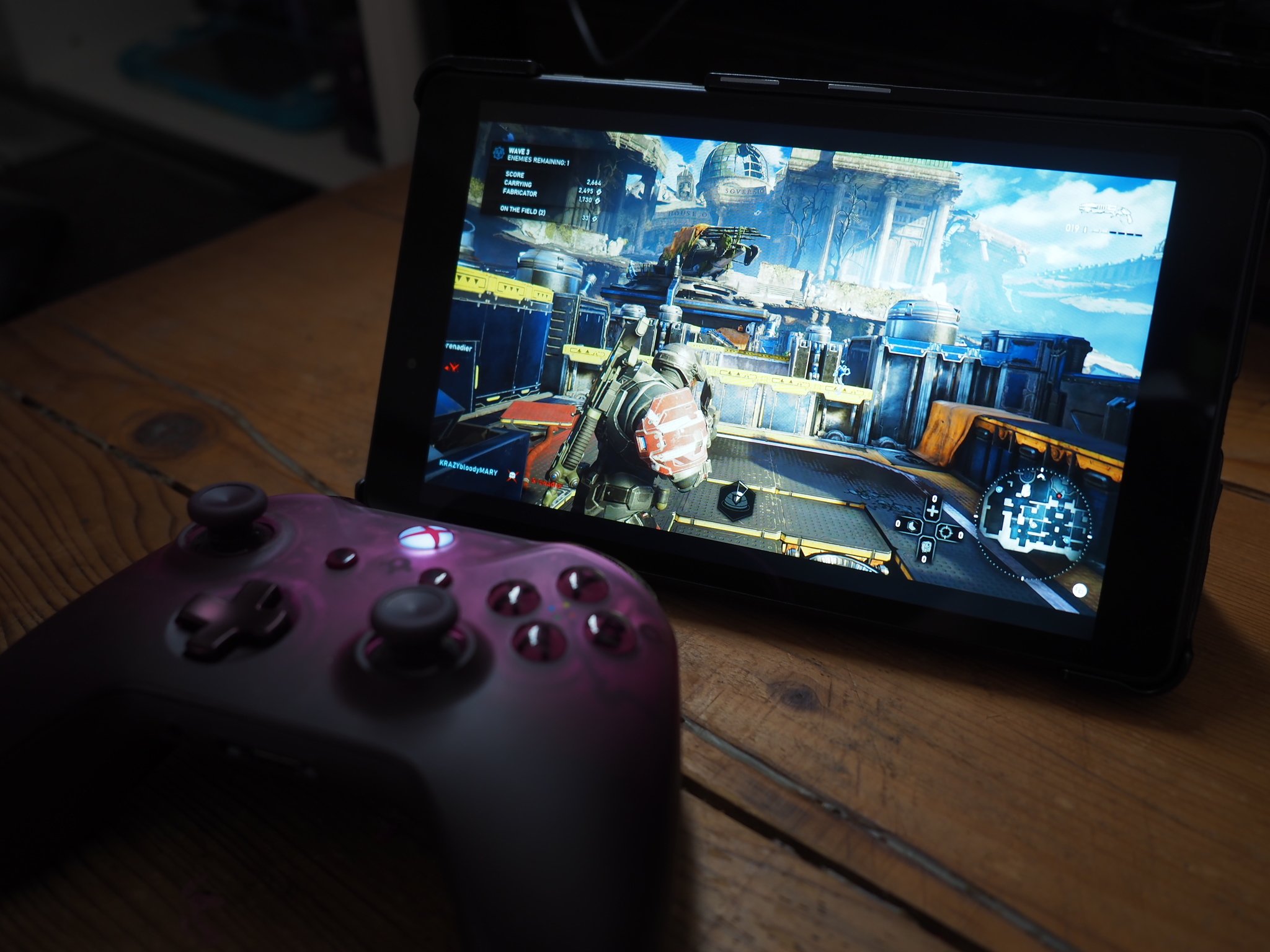
Project xCloud could represent the future of gaming growth for Microsoft. I don't think video game consoles will go away any time soon, but the ease of access provided by cloud platforms will change the way gaming divisions see their growth potential. The market for consoles hasn't grown significantly in years, with most "normies" uninterested in owning a separate, dedicated gaming device. Many would rather game from their phones, or indeed, perhaps via an app on their TV or their tablet.
You could argue the question, "why does it need to grow?" Well, the ultimate answer is, if Microsoft doesn't pivot and fill in future niches, other companies will, and you may not like the companies that do. They could end up more lucrative, and Xbox and even PlayStation could get left behind by developers entirely if the userbase shifts into a social-connected gaming cloud, which improves access for a new generation.
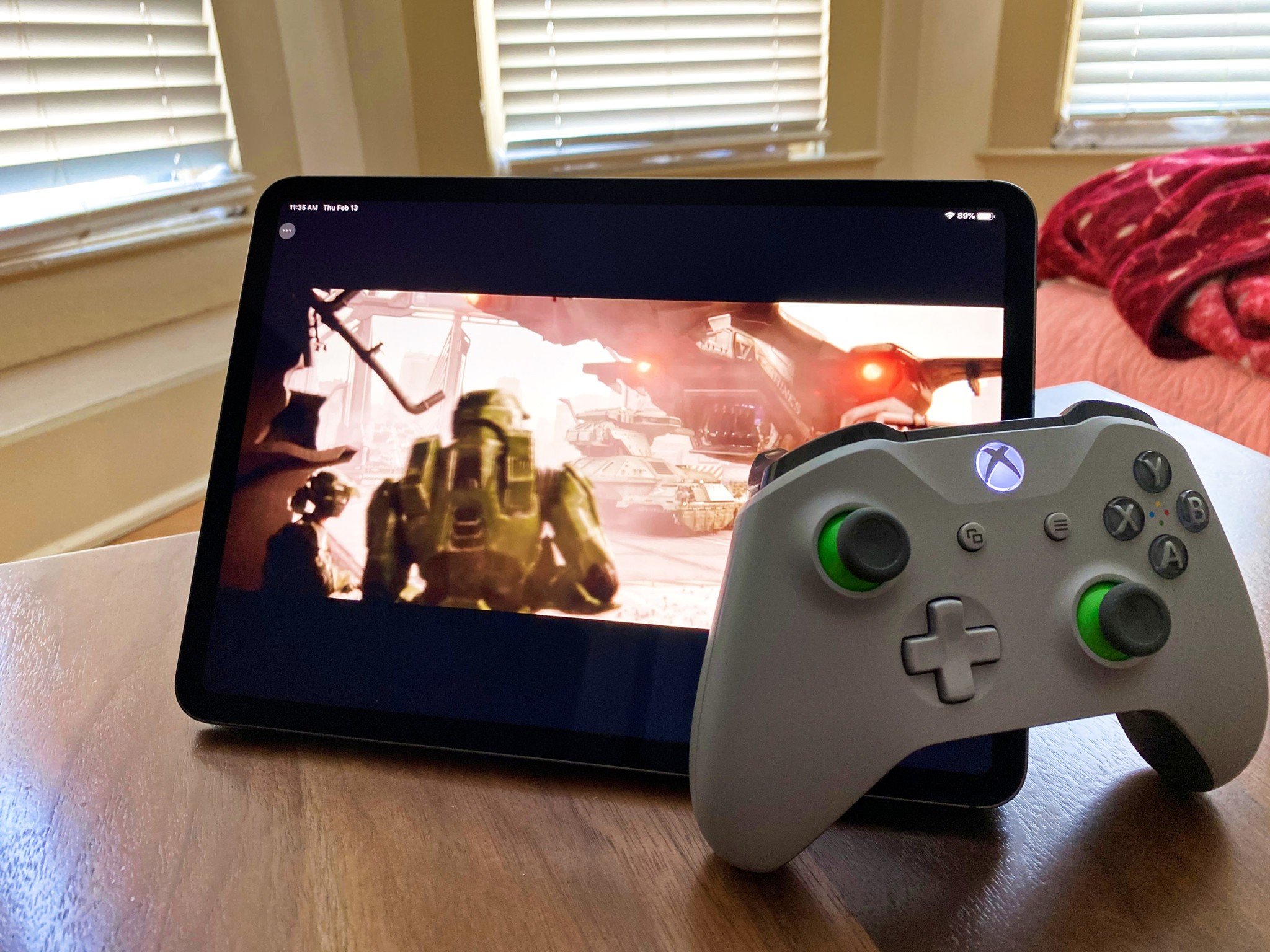
Project xCloud bridges the gap between the cloud and the local console since it all uses the same developer environment. As long as xCloud and indeed PlayStation Now exist and are profitable, it anchors the home-grown console as an environment developers can use to target both the cloud and local hardware. And who knows? Maybe new users will see the benefits of getting local hardware to offset some of the bandwidth limitations of the cloud.
The point is, competing for products like Google Stadia, and whatever Amazon and TenCent are working on in this space will gain way more instantaneous exposure due to their social platforms. Critically, integration features that Microsoft would otherwise not have access to.
Get the Windows Central Newsletter
All the latest news, reviews, and guides for Windows and Xbox diehards.
The Facebook angle
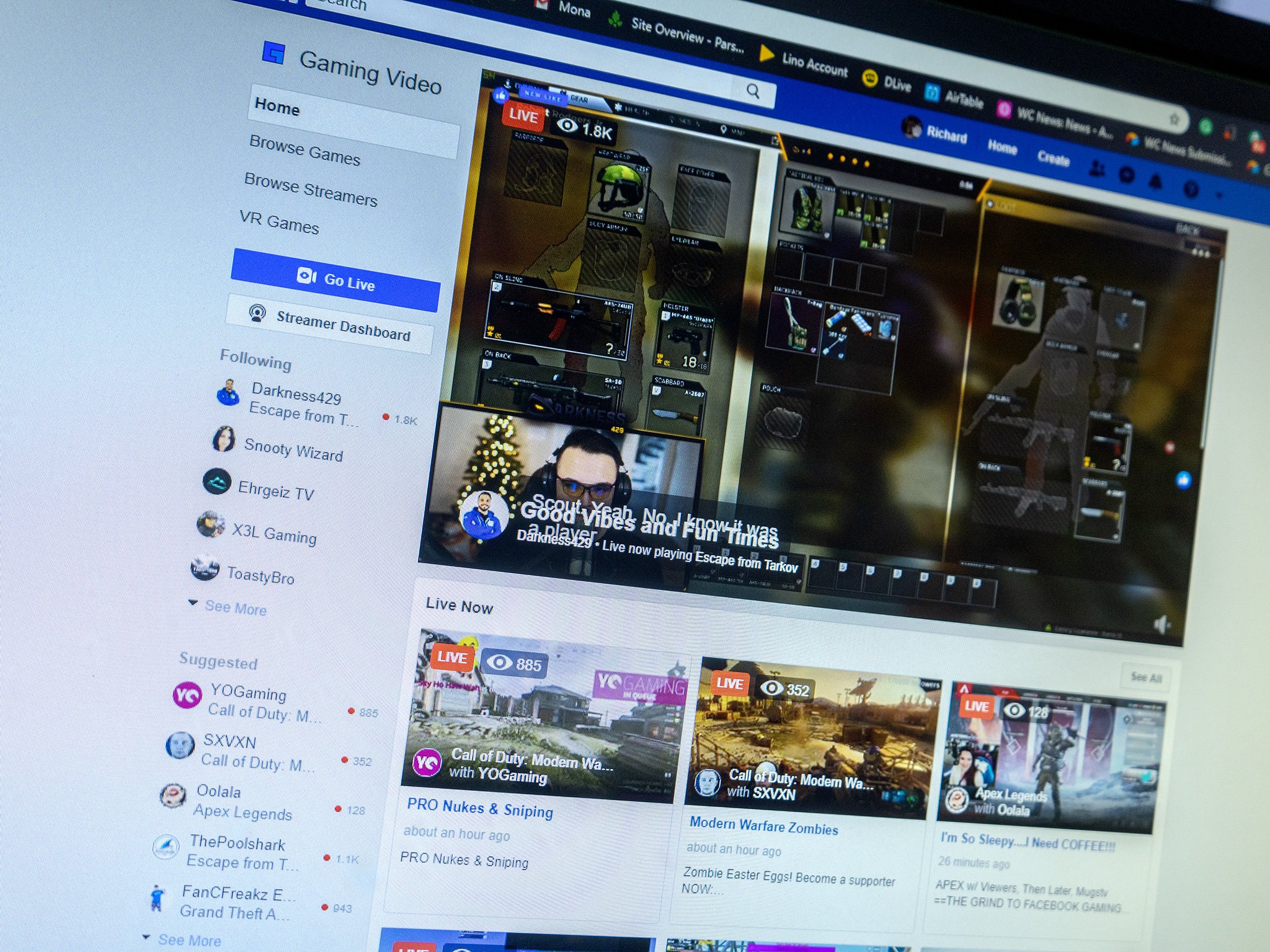
Microsoft sank hundreds of millions of dollars into Mixer, from the initial purchase of Beam to the acquisition of major streamers like Ninja and Gothalion. I believe the company ultimately had a deadline to grow to a specific point, to coincide with the 2020 launch of Project xCloud, growth that it ultimately failed to meet.
As the pandemic bit down earlier this year, many streaming platforms saw triple-digit growth, while Mixer remained flat. That was indicative that the platform was most likely unviable without massive cash injections that could've been spent elsewhere, namely on internal game studio growth, which has been an area of weakness Xbox's platform this gen. Moving the Mixer operation to Facebook comes with an essential strategic collaboration that could prove crucial in the future.
Update: June 26, 2020: Removed the wording here that stated Microsoft sold Mixer to Facebook. Both companies have confirmed that this in fact wasn't the case.
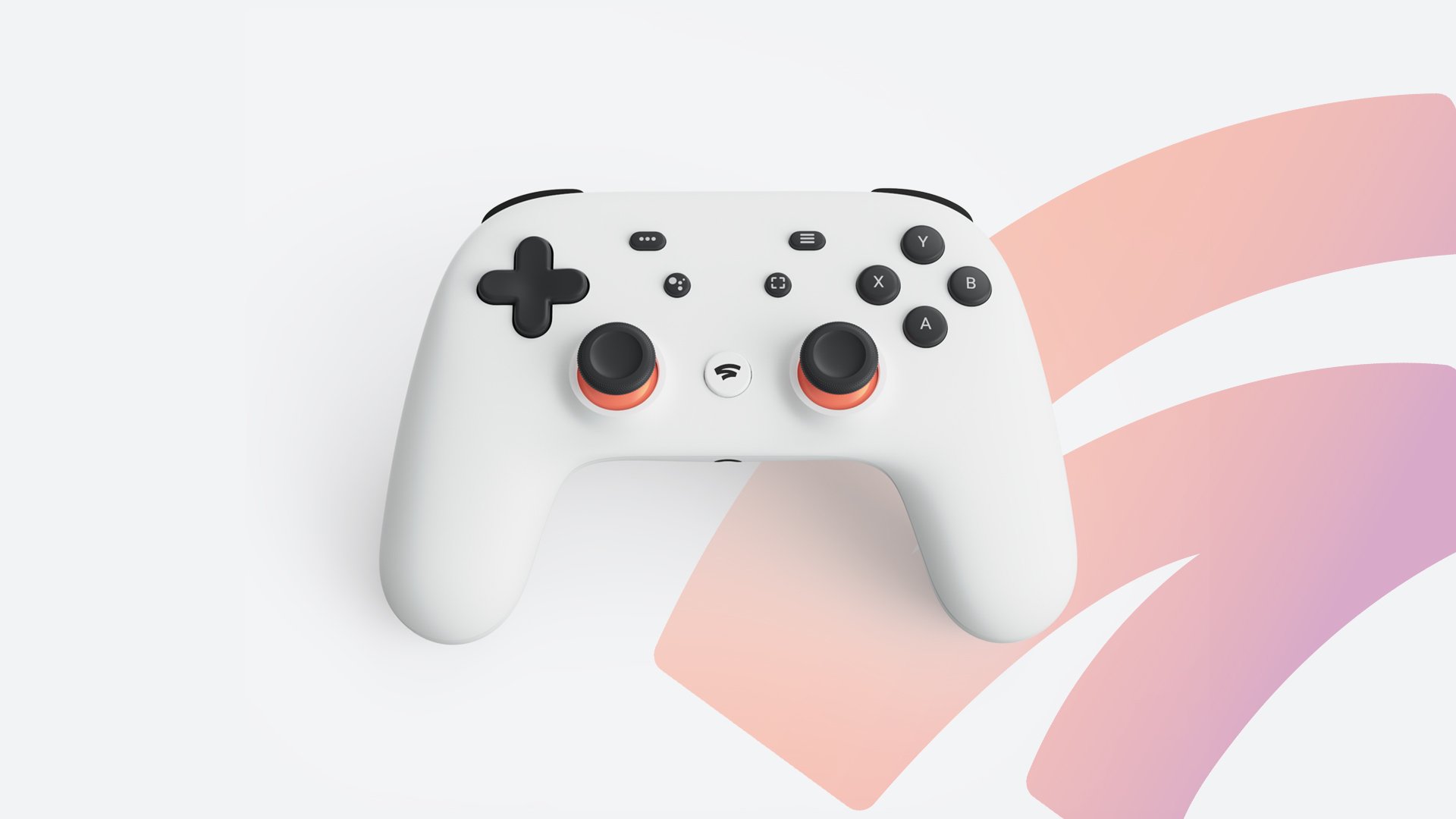
Google Stadia might be a joke in 2020, but that may not always be the case. Google is awash with cash of its own and is intent on growing its own streaming platform YouTube Gaming within the broader YouTube operation. YouTube is a huge social platform and far outstrips anything Microsoft has in that space. Let's not forget Google Search as well, which is the homepage of the internet for billions of people.
Google could push Stadia out to billions of users at a mere click, giving instant access to games directly from watching a YouTube video or performing a Google search
When (or rather, if) Stadia becomes ready, Google could push Stadia out to billions of users at a mere click, giving instant access to games directly from watching a YouTube video or performing a Google search. The same is true for Amazon with Twitch, and TenCent, which owns massive social media platforms in Asia, including WeChat. Tencent is potentially the most significant threat here, as it picks up stakes in virtually every media industry on Earth, putting cash into operations like Epic Games and others. Game developers and publishers will go wherever the users and money are. With Tencent tangled up in the Chinese government, it sets a chilling potential precedent for censorship and dictatorial propaganda seeping into our entertainment platforms.
Microsoft simply doesn't have the kind of social clout it needs to quickly and easily push out these services. It has buried Skype as a gaming communication tool, and Xbox Live has only tens of millions of users, rather than the billions Facebook can offer. It enables scenarios described previously by Google Stadia, where users watching a game on YouTube or searching for it can instantly jump into live play, without a console or a gaming PC, thanks to game streaming. Without Facebook, Microsoft would've been at a massive disadvantage here.
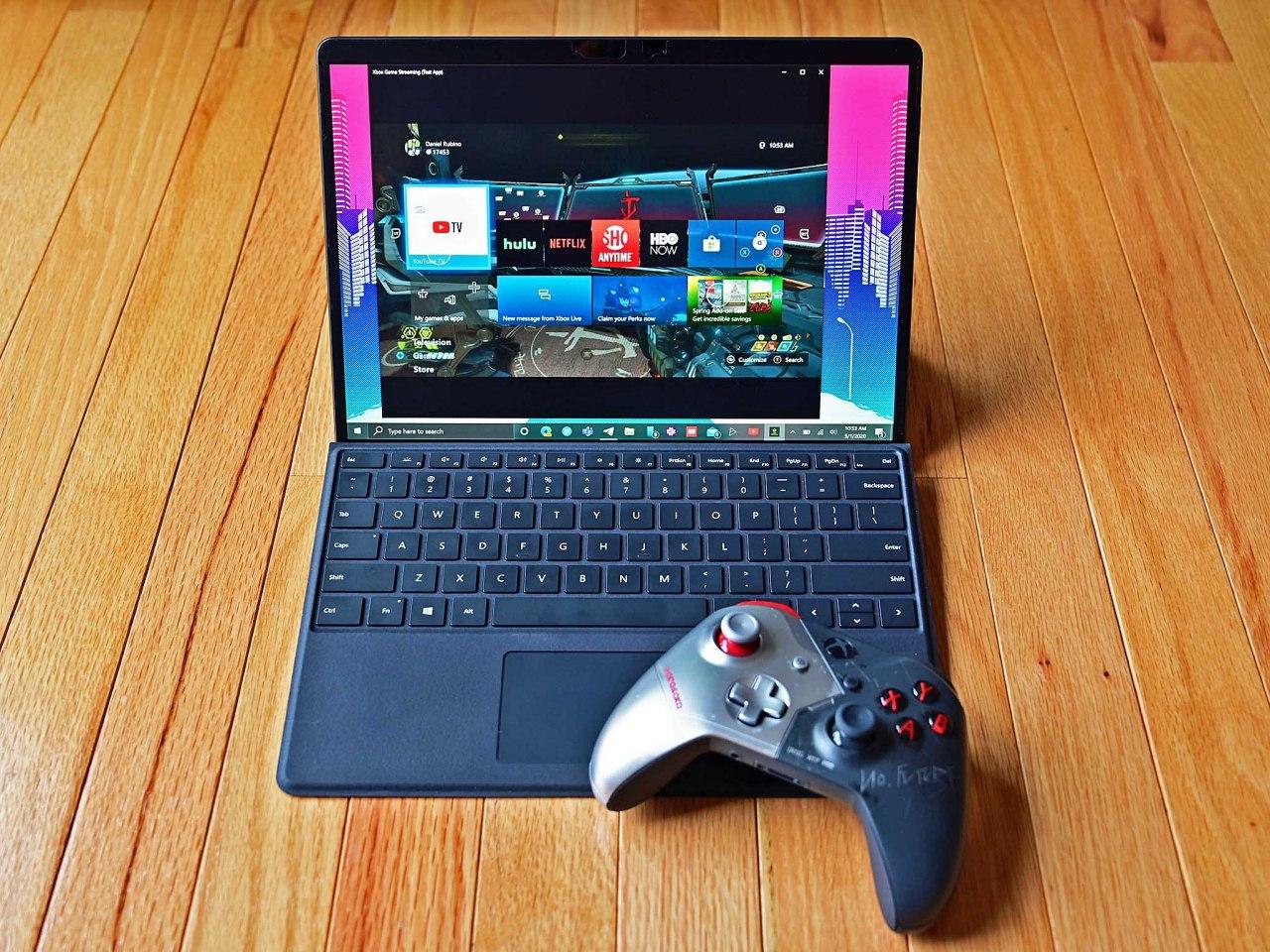
These may seem like far-fetched, far-flung scenarios. Still, they're possibilities that would be irresponsible for Microsoft to ignore, especially if it wants to maintain the health and longevity of its gaming operation. There's no evidence Google would play nice with Project xCloud on its services.
Even now, when you reach Google using Microsoft Edge or Firefox, the firm asks you to try Chrome instead. It could certainly do the same when viewing Project xCloud streams through Google services, too, potentially. The same is true for Amazon and Twitch, would they continue to play nice with Microsoft, if they eventually had a competing product? And on the flip side, would Amazon and Google necessarily want to put their services onto Facebook, where they directly compete with social video in gaming? It's a smart strategic play that ultimately became more valuable than trying to grow Mixer itself. The tragedy is, as usual, the human cost.
Mixer's death sucks, but it was sadly necessary
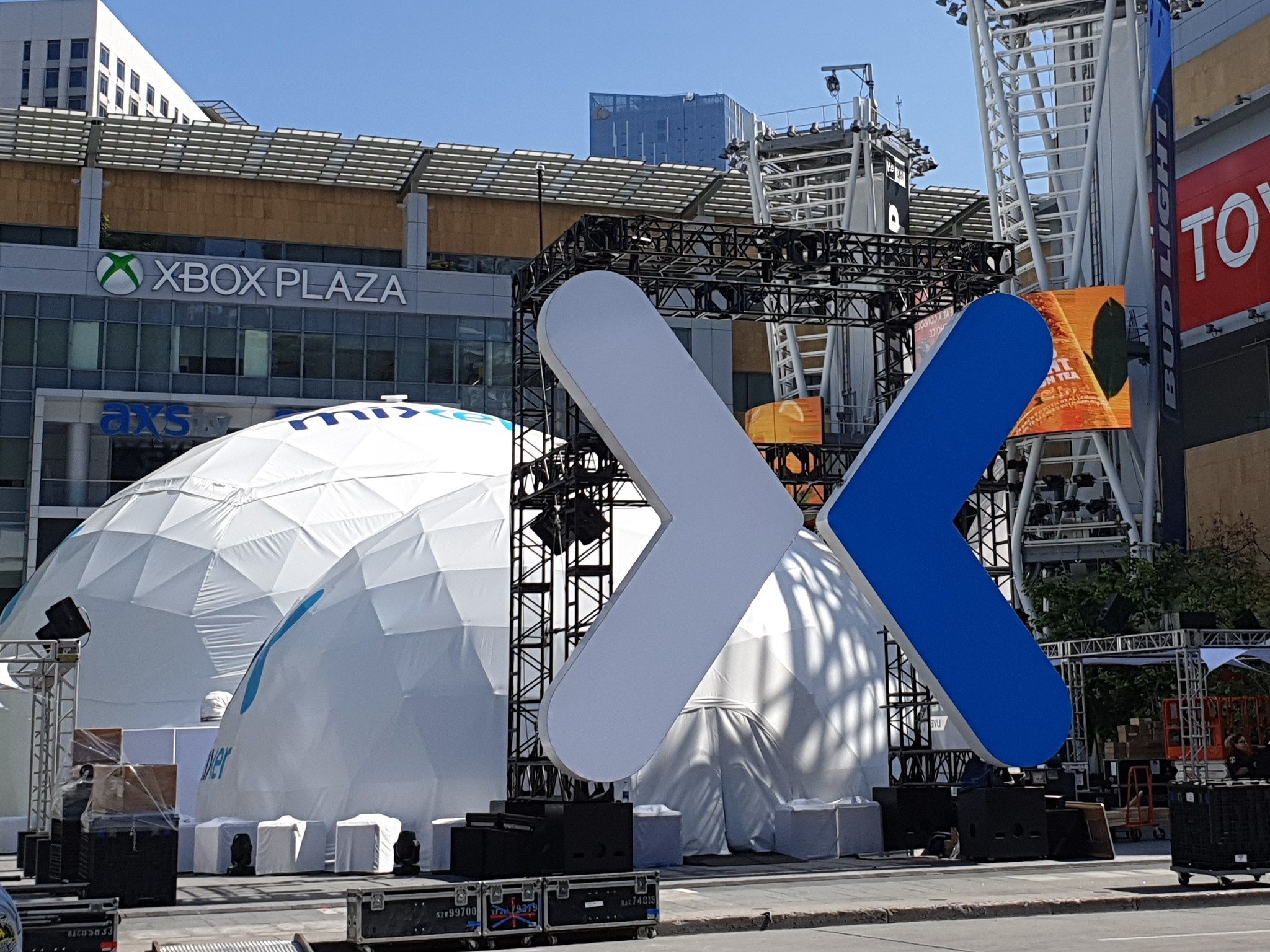
Microsoft clearly hoped it could've taken advantage of the relative nascence of the game streaming market to grow Mixer to a point where it could at least begin to catch up to Twitch, which is why they made some big plays buying up Ninja and others last year.
It wasn't fair to keep stringing Mixer streamers along for years like Microsoft did with Windows Phone developers
Microsoft spent hundreds of millions on the platform. I would argue that mishandling of the budget, and allocating money for Ninja rather than home-grown talent or, indeed, a bigger dev team to address the pace of innovation, was probably a mistake. Indeed, Twitch was able to pivot rapidly and adopt all of Mixer's unique features in the blink of an eye. Microsoft would've been smarter to spend more growing Mixer as a product, rather than a brand, before shoving it into the limelight with celebrity-purchases.
It's just a shame it came to this, instead of Mixer itself growing into a competitive place. I'd argue it wasn't fair to keep stringing Mixer streamers along for years like Microsoft did with Windows Phone developers in the past, who were kept in the dark about the future of the platform for years. At the same time, Microsoft slowly wound it down, announcing its death via a random tweet reply. I also lament for the staff at Mixer who worked incredibly hard, while being incredibly underfunded, trying to compete with titans like Twitch and YouTube.
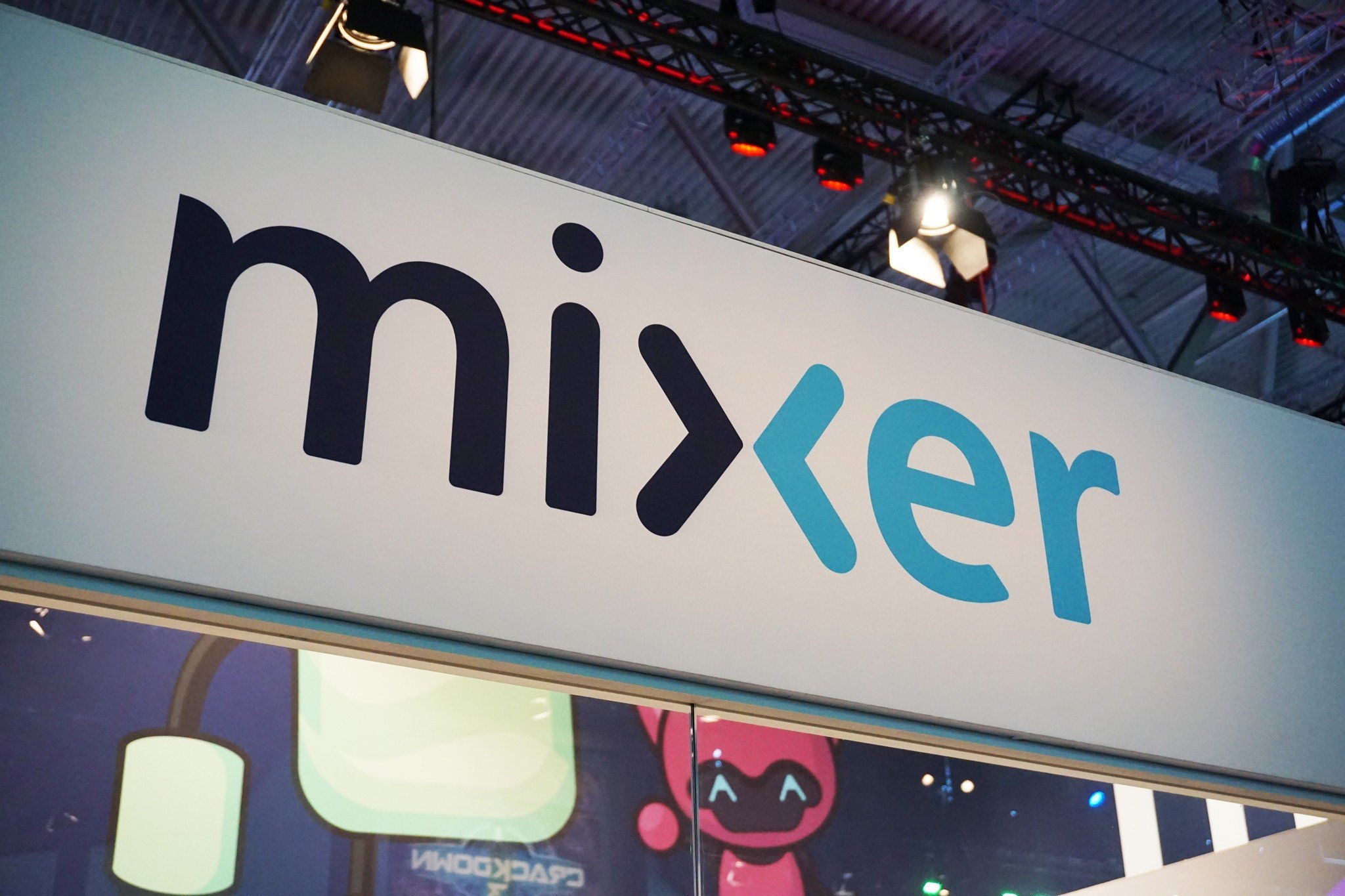
As a Mixer streamer, as someone who made dozens of friends and made countless happy memories streaming on the platform, it's hard to acknowledge the harsh reality that Microsoft made the right decision for the Xbox business. At this point, it should be investing future funds into areas where it can find success, such as Project xCloud, Xbox Game Pass, games like Minecraft, and its broader Xbox Game Studios offering.
Putting Mixer on an underfunded, slow-death cycle like Windows Phone would've been a far more drawn out and painful process, in the long run. For Xbox fans, this gives Microsoft a chance to reinvest back into its strengths — actual gaming — while building up a relationship with the world's largest social provider to expand Xbox's userbase, bringing more games to users, and more cash for developers to innovate, and advance the art of the medium.
Addendum (June 25, 2020)
I just wanted to add this note in here, given the concerns I've seen from people that think Xbox is going to give Facebook carte blanche access to your data as a result of this partnership. The answer is emphatically no, at least according to Microsoft. There's no reason to think they will give Facebook access to your information without permission, as particularly in the case of the EU, this would be a massive privacy law violation.
Major Nelson offered some clarity on the partnership on reddit recently, noting that Facebook Gaming will compete with Twitch and YouTube Gaming on Xbox on equal footing.

Xbox
Main

Jez Corden is the Executive Editor at Windows Central, focusing primarily on all things Xbox and gaming. Jez is known for breaking exclusive news and analysis as relates to the Microsoft ecosystem while being powered by tea. Follow on Twitter (X) and Threads, and listen to his XB2 Podcast, all about, you guessed it, Xbox!
